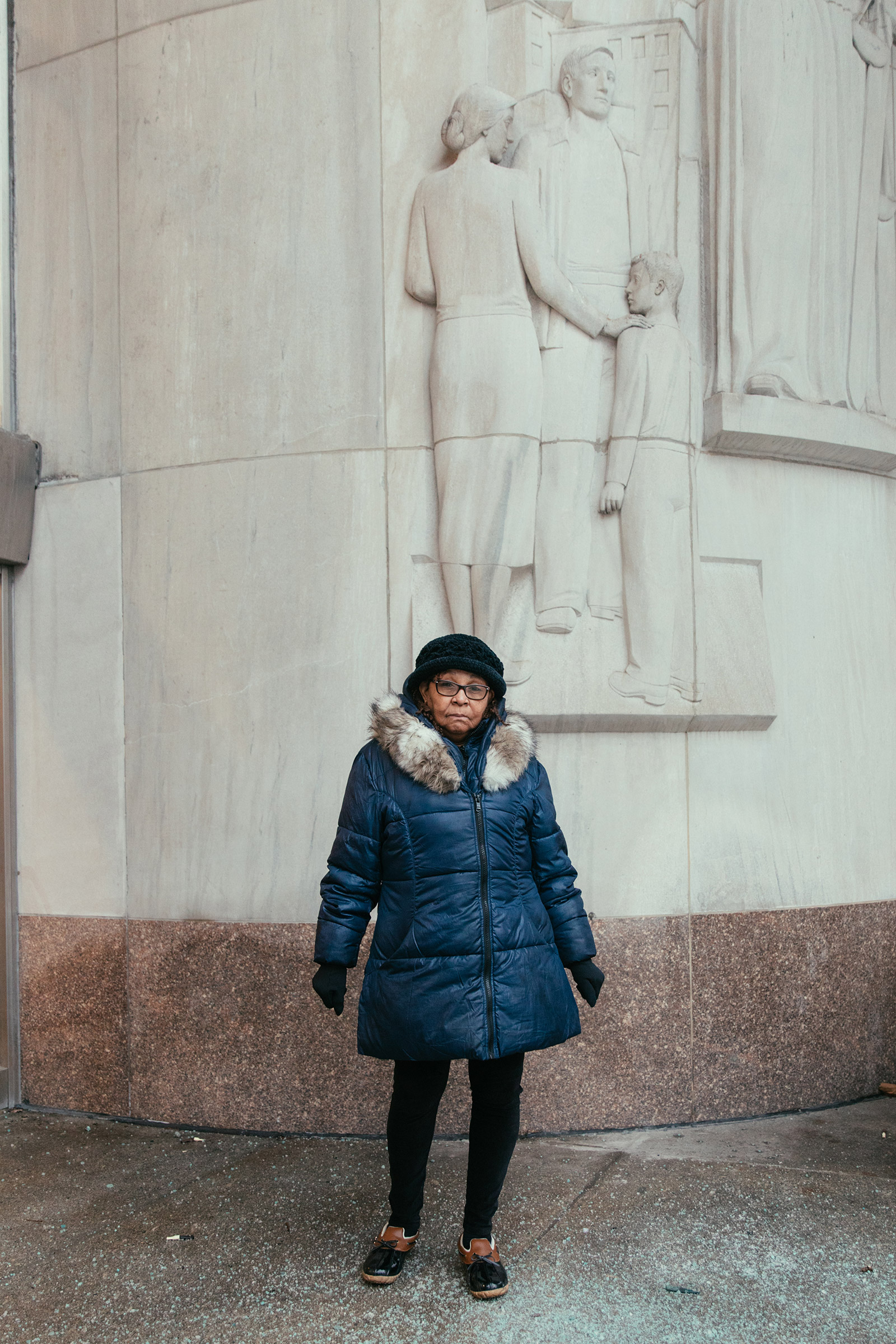
On March 28, 2020, Janie Marshall lost her footing and stumbled near another woman while both were being treated for non-COVID-19 ailments at a Brooklyn hospital. With the pandemic raging, an encounter that days earlier might have ended in a friendly apology or a cluck of sympathy quickly turned ugly. Authorities say the other woman, Cassandra Lundy, shoved Marshall, 86, for having “got into [Lundy’s] space” and violating new social-distancing orders aimed at containing the virus. Marshall—who had dementia and was in the hospital for stomach issues—fell to the ground, hit her head and later died.
The city’s medical examiner ruled the death a homicide, and Lundy, now 33, was charged with manslaughter and assault. It was the city’s first homicide associated with COVID-19, and, nearly a year later, one more piece of evidence that the U.S. system of justice can be counted a casualty of the virus. Among its many impacts—none of them good—closed courthouses and canceled jury trials mean neither victims nor defendants, much less their anxious families, can be assured of attending trials in person. And there’s no telling when that will change.
Read the full story here
More Must-Reads From TIME
- What Student Photojournalists Saw at the Campus Protests
- How Far Trump Would Go
- Why Maternity Care Is Underpaid
- Saving Seconds Is Better Than Hours
- Welcome to the Golden Age of Ryan Gosling
- Scientists Are Finding Out Just How Toxic Your Stuff Is
- The 100 Most Influential People of 2024
- Want Weekly Recs on What to Watch, Read, and More? Sign Up for Worth Your Time
Contact us at letters@time.com